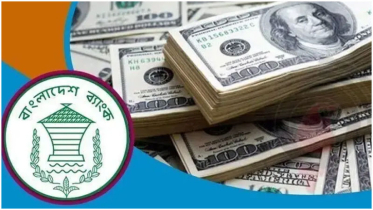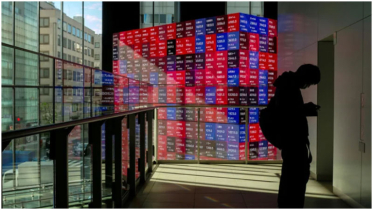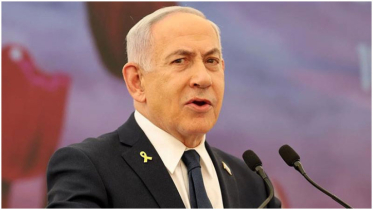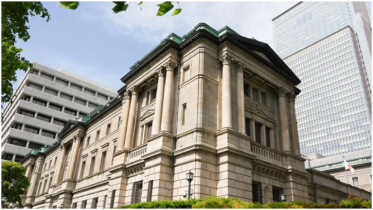Labour conditions in RMG sector not in situation to face sanctions: BD apparel leaders
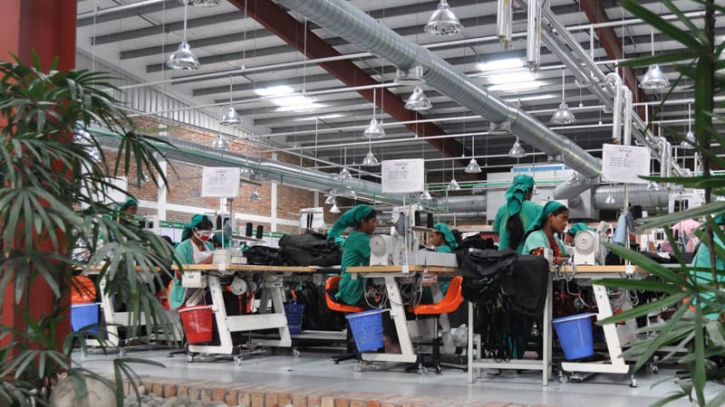
Leaders of apparel sector in Bangladesh said that labour conditions in the country's readymade garment sector are not in such a situation that might face any potential economic or trade sanctions.
Mentioning that any possible sanctions by the US would not be imposed because of labour issues, but due to political reasons, they suggested that the government should take measures to come out of such a situation, if any, through diplomatic channel.
"There is no such situation in the country's RMG sector to impose economic sanctions by the US," said Mohammad Hatem, executive president of Bangladesh Knitwear Manufacturers and Exporters Association (BKMEA), while speaking at a seminar on Monday.
Economic Reporters' Forum (ERF) organized the seminar on "The current labour issues and international trade scenario" at its office in the city today.
On November 16, US President Joe Biden signed a memorandum, pledging to uphold advancing workers' empowerment, rights, and high labour standards globally.
Elaborating on the memorandum, US Secretary of State Antony Blinken warned that sanctions, trade embargoes and visa bans would be imposed on individuals who threaten, intimidate or attack labour-union leaders, labour-rights activists and labour organisations.
Hatem said that Bangladesh's apparel industry might lag behind compared to international standards, but the local RMG industries are in far better situation compared to China and other manufacturing countries.
"Despite that if any sanction is imposed, it would be for political reasons or they (US) have their own interest," he noted.
Speaking about the latest amendment to the labour law that the President did not sign, he said they (owners and workers representatives) have agreed to remove the condition in the trade union registration threshold requirement.
The threshold is fixed to 15 per cent for factories having more than 3000 workers and 20 per cent for units less than 3000 workers.
Echoing with Hatem, BKMEA vice president Fazlee Ehsan Shamim termed the situation as political and added that the government should address it diplomatically.
"If there is anything behind the scenes, it is the government to take necessary measures," he noted.
Both the leaders said they are not afraid of any possible sanctions, but a bit worried.
National Garment Workers Federation president Amirul Haque Amin said there are still many lacks in the labour rights situation, including unfair labour practices, low wages, issues related to trade union registration and compensation, but there is no such situation in the country for which sanctions could be imposed.
He also questioned the ratification of ILO conventions by those advocating sanctions.
Bangladesh has ratified eight ILO core conventions while US signed only two, but they did not sign the two core conventions related to right to organize and right to bargaining.
"If they impose any sanction, they might have hidden agenda," he noted.
Economist Mostafa Abid Khan, a member of the Bangladesh Trade and Tariff Commission, said, "According to the US memorandum, the likelihood of trade sanctions is low, as WTO regulations make it difficult,"
He also said the chance for increasing tariffs is also slim. "Individual penalties, however, might be possible," he added.
Instead of reacting to the situation, Abid advised to play a proactive role.
.png)

